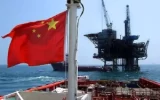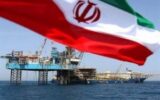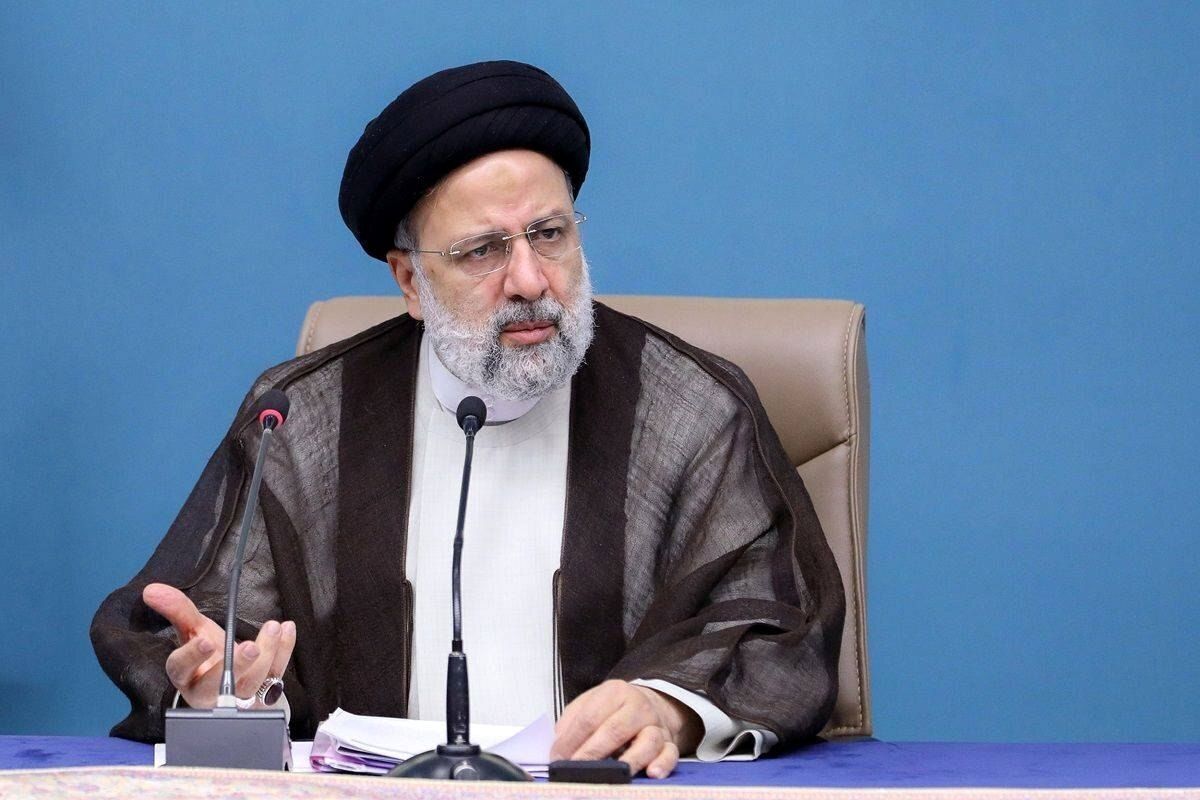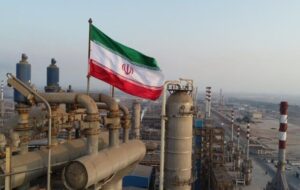
The resilience of Iran’s oil industry in the 12-day war
During the 12 days when Iran's skies were facing the Zionist regime's invasion and the imposed war, the oil industry worked in a chain reaction and did not tremble, but stood firm. It stood firm and did not let a single light go out or a shortage arise in the country's fuel supply.
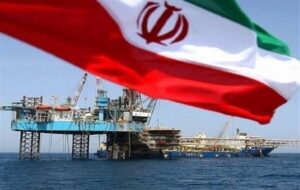
Iran’s oil exports did not decrease during the war
Despite the conflict between Iran and Israel, contrary to the claims of the Zionist regime's media, Iran's oil exports not only did not decrease, but also remained at a level of about 2.2 million barrels per day, according to Kpler data.
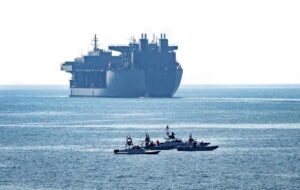
If the Strait of Hormuz is closed, where will the oil pass? Petroline, Fujairah, or Ceyhan?
The Strait of Hormuz, a vital artery for global energy exports, remains an irreplaceable bottleneck. Any disruption to the flow of oil through this route would alter the geopolitical equations of energy; despite efforts by countries to design alternative routes, none are able to cover the crisis.
Breaking News

Using petrochemical capacity in the campaign to reduce gas consumption by 10 percent

Khark Oil Terminal plays a vital role in achieving the oil industry’s major goals

Providing $23 billion from the National Development Fund for 60 oil and gas projects

$18 billion in unused investment and gas cutoffs at 12 petrochemical plants; a memorandum of understanding was signed to save the petrochemical industry from the gas crisis

Meeting of the Heads of State focused on solutions to address the country’s main imbalances

Regarding the issue of fuel smuggling, we must move towards prevention and law enforcement

Gas consumption increases at the end of the week
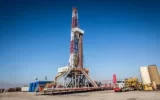
Tripartite Memorandum of Understanding for the Plan to Revive Closed and Low-Productivity Oil Wells
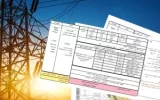
Stopping the increase in electricity costs for industrial subscribers



